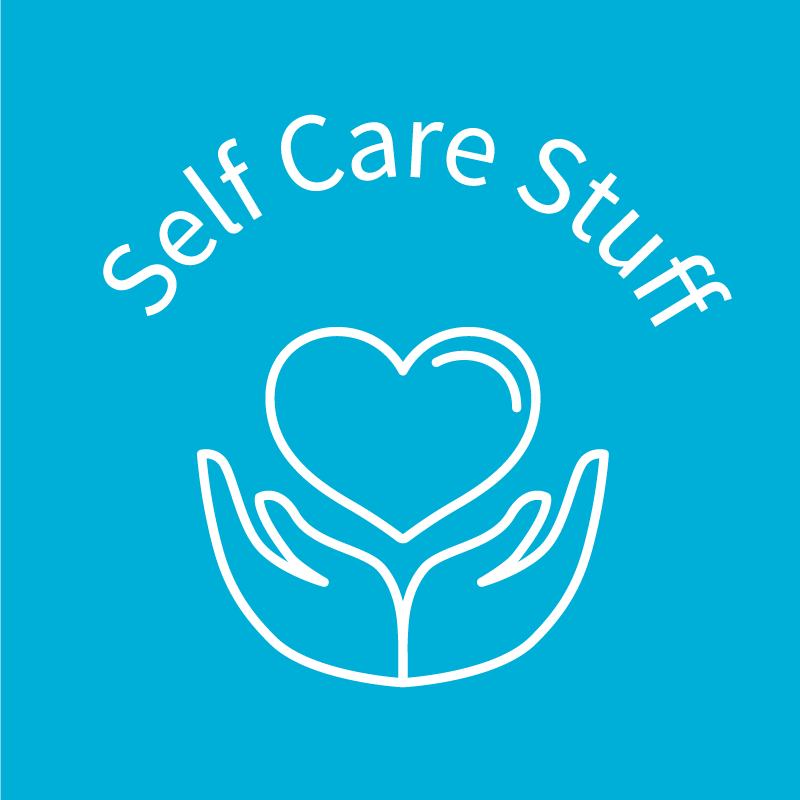Self-Care Tip: Getting Enough Sleep
/Getting enough sleep is a great way to improve your self-care. When your body and mind have gotten the sleep that they need, you are better able to face the day and overcome any challenges that come your way. Sometimes sleep interruptions are inevitable: crying babies, dogs barking next door, or something else outside of your control. But there are many things you can do to get a better nightŌĆÖs sleep. Here are some tips from Kaiser about falling asleep:
Be a beginner: Remember, each night is a new night. If what you have been doing isnŌĆÖt working, be open and try something different!
DonŌĆÖt force it: Listen closely. Listen deeply. Sleep is a process that cannot be forced. Instead, allow it to unfold. Trying too hard to sleep longer or better is not helpful and will only stress you out.
Let go: If youŌĆÖre holding onto an idea of how much sleep you ŌĆ£shouldŌĆØ get, youŌĆÖll only worry if you donŌĆÖt get that amount. Can you let go of the ŌĆ£shouldŌĆØ and allow sleep, any sleep, to happen naturally?
No judging allowed: It is easy to judge being awake instead of asleep as bad, especially if you have not slept well for several nights. But this kind of negative judgment can interfere with the process of sleep. Instead of labeling it as ŌĆ£goodŌĆØ or ŌĆ£bad,ŌĆØ is there a way you can think about your sleep that feels less judgmental?
Acceptance: Recognizing and accepting your current state is an important first step in choosing how to respond. If you can accept that sleep is not likely to come soon, why not get out of bed? Spending long periods of time awake in bed might make you used to being awake in bed.
Trust: Trust that your mind and body know what it needs. Also, trust that both can self-regulate and self-correct for sleep loss. For example, short consolidated sleep often feels more satisfying than longer fragmented sleep. Trust your sleep system and let it work for you.
Patience: Be patient! If you have been in a cycle of sleeplessness, it can take time for the quality and quantity of your sleep to fall into a more natural rhythm.
Source:


